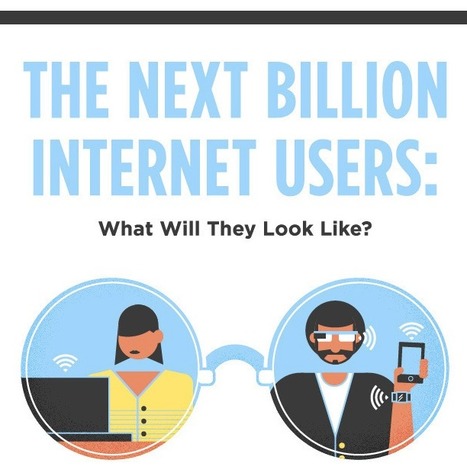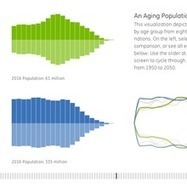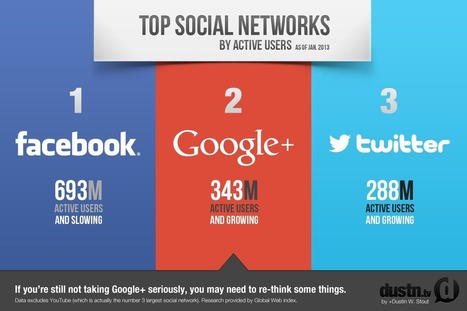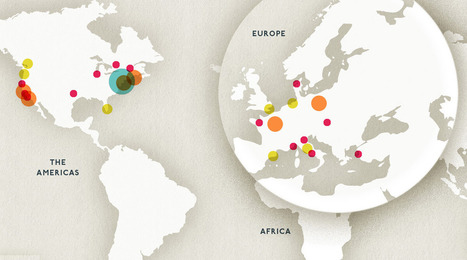Social media is fast becoming one of the main destinations for news online. An infographic created by the University of Florida Online, explores the evolution of the news industry and the way news is consumed.
In 2012 there were 2.4 billion Internet users, and 1.4 billion of them were using social media. Nearly 50 percent of Internet users surveyed said they regularly or occasionally heard about a breaking story on social media before it broke on mainstream sources. In fact, since 2009, social media buzz has resulted in a 57 percent increase in traffic to news sites.
Now online dominates the news market, with 64.5 percent of people going to official sites like The New York Times to get their news. Surprisingly, nearly 30 percent of people still get their news from the papers, but social media is hot on print’s heels with 27.7 percent of consumers.
Find more details at the link.
Via Lauren Moss



 Your new post is loading...
Your new post is loading...

![How Social Media Changed the Way We Consume News [Infographic] | information analyst | Scoop.it](https://img.scoop.it/XuevurEPyOCTsBvTpp74fDl72eJkfbmt4t8yenImKBVvK0kTmF0xjctABnaLJIm9)




![Infographic: The Incredible Growth of Web Usage [1984-2013] | information analyst | Scoop.it](https://img.scoop.it/6Ar4Sec_KEyWrKO6ZJLACzl72eJkfbmt4t8yenImKBVvK0kTmF0xjctABnaLJIm9)












Social Media is closing in on print media as consumers choice for news. Online news has exploded, and is probably one of the reasons why Facebook continues to push NEWS in their news feed.
We as consumers seem to be hungry for news as it happens, and Social Media plays a big role in the delivery of content.
Social media is incredibly important for the exchange of news. This infographic shows the evolution of news in social media, and what made it the important source of information it is today.